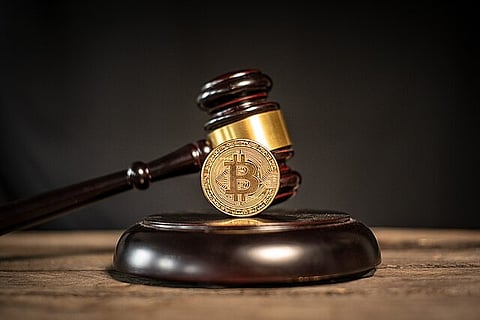

The U.S. Department of Justice (DOJ) has disbanded its National Cryptocurrency Enforcement Team (NCET), effective immediately, following an executive order from President Donald Trump.
Outlined in a four-page memo by Deputy Attorney General Todd Blanche, this move departs from the Biden-era’s hardline crypto enforcement. Since its inception in 2021, the NCET pursued complex cases like the Tornado Cash mixer and Avraham Eisenberg’s $100 million exploit.
Now, the DOJ is refocusing on individuals defrauding investors, easing off exchanges and institutional players—a change that has crypto fanatics buzzing with excitement.
But not all reactions are celebratory. One X user wrote:
The president is running a crypto scam where he can receive millions of dollars anonymously. Meanwhile the DOJ has shut down the crypto investigations unit. Truly no corruption scheme like this in our history at least out of the White House.
X Users
The NCET’s closure ties into a broader push to lighten regulatory oversight.
Blanche’s memo states the DOJ is “not a digital assets regulator,” echoing Trump’s January executive order for “regulatory clarity.”
This shift moves away from the unit’s prior focus on cybercriminals laundering stolen assets, narrowing enforcement to protect investors instead.
Recent penalties against platforms like OKX and KuCoin show some oversight remains, but the tone has softened, fueling optimism among crypto advocates who view this as a green light for growth.
This policy pivot has sparked a wave of enthusiasm in the crypto world. Alongside proposals like a strategic Bitcoin reserve and outreach to industry leaders, the NCET’s end signals a friendlier stance toward digital currencies.
As the DOJ dials back its broad enforcement role, the debate continues: will this unleash innovation or expose investors to new risks?
For now, crypto enthusiasts are celebrating what they see as a turning point, with the U.S. positioning itself as a hub for the digital economy.